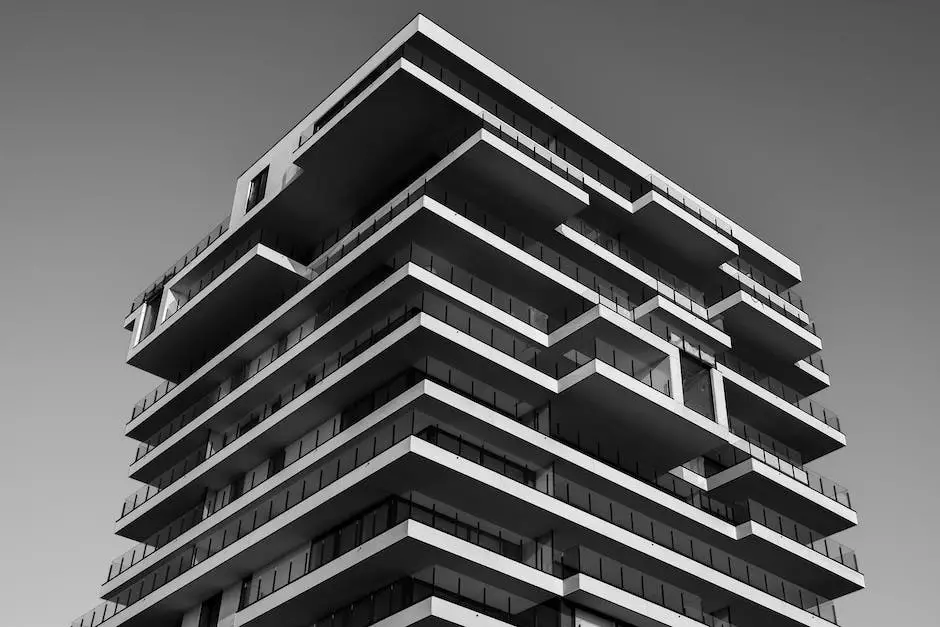
Imagine stepping into a city where the skyline tells a story of cultural fusion, innovation, and a vision for the future. That’s Abuja for you, Nigeria’s capital, where the architecture is as diverse as its people. From the grandeur of the National Mosque to the sleekness of the Millennium Tower, the city’s buildings are a testament to a rich past and a rapidly evolving present.
The Birth of a Capital
Abuja’s journey began in the 1980s when it was carved out as Nigeria’s new capital. The goal? To create a city that symbolized national Unity. Planners and architects from all over the world converged, bringing with them a melting pot of ideas that would shape the city’s landscape.
The master plan was ambitious, focusing on functionality and aesthetics. It aimed to avoid the overcrowding and chaos of Lagos, the former capital. Wide boulevards and green spaces were envisioned, setting the stage for a modern metropolis.
A Blend of Traditional and Modern
One can’t help but marvel at the way Abuja marries traditional Nigerian designs with modern architectural elements. The National Mosque, with its stunning golden dome, is a fine example. It’s not just a place of worship but a symbol of the city’s respect for its roots.
Then there’s the National Christian Centre, which mirrors this sentiment from the Christian community. Its towering white spire and intricate stained glass windows are a sight to behold, reflecting the country’s religious diversity.
The Rise of Contemporary Structures
Fast forward to the 21st century, and you’ll see a new wave of architecture in Abuja. The Millennium Tower, still under construction, is set to be the jewel in the city’s crown. It’s sleek, it’s modern, and it screams progress.
Commercial buildings, too, have taken a turn towards the futuristic. The Central Bank of Nigeria headquarters, with its imposing facade, is a beacon of economic strength. It’s a building that means business, quite literally.
Green Architecture: A New Chapter
Abuja’s architects aren’t just looking skywards; they’re also embracing sustainability. Green architecture is the new buzzword, with eco-friendly buildings popping up across the city. These structures use less energy, conserve water, and blend with the environment rather than dominate it.
It’s a refreshing change that shows a commitment to the planet. After all, what’s the point of progress if we don’t have a world to enjoy it in?
Challenges and Triumphs
But it hasn’t all been smooth sailing. Abuja has faced its fair share of challenges, from bureaucratic red tape to funding issues. Yet, despite these hurdles, the city continues to grow and evolve.
The architects and planners are learning, adapting, and pushing the boundaries of what’s possible. They’re not just building structures; they’re building a legacy.
FAQs
- What is the most iconic building in Abuja?
The National Mosque and the National Christian Centre are often considered the most iconic due to their religious significance and architectural grandeur.
- How has Abuja’s architecture changed over the years?
Abuja has transitioned from traditional Nigerian designs to incorporating modern, sleek structures that focus on sustainability and green architecture.
- Are there any sustainable buildings in Abuja?
Yes, Abuja is increasingly embracing green architecture with buildings designed to be energy-efficient and environmentally friendly.
Conclusion
In conclusion, Abuja’s architecture is a living, breathing chronicle of Nigeria’s aspirations. From its inception as a symbol of unity to its current status as a beacon of modernity and sustainability, the city’s skyline tells a story of a nation on the move.
As we’ve seen, the evolution of Abuja’s architecture is not just about the buildings. It’s about the spirit of Nigeria – resilient, forward-looking, and ever-changing. The city’s structures are more than just concrete and steel; they’re a canvas where Nigeria’s past, present, and future converge.
For those of us who’ve walked its streets and gazed up at its edifices, Abuja’s architecture is a constant reminder that in the heart of Nigeria, there’s a city that stands as a testament to human creativity and ambition. And for those looking to capture a piece of this architectural marvel, there’s no time like the present to explore, invest, and be a part of Abuja’s unfolding story.
So, whether you’re a real estate investor, a homeowner, or simply an admirer of urban landscapes, keep your eyes on Abuja. Its architecture isn’t just evolving; it’s soaring to new heights, much like the aspirations of the nation it represents.